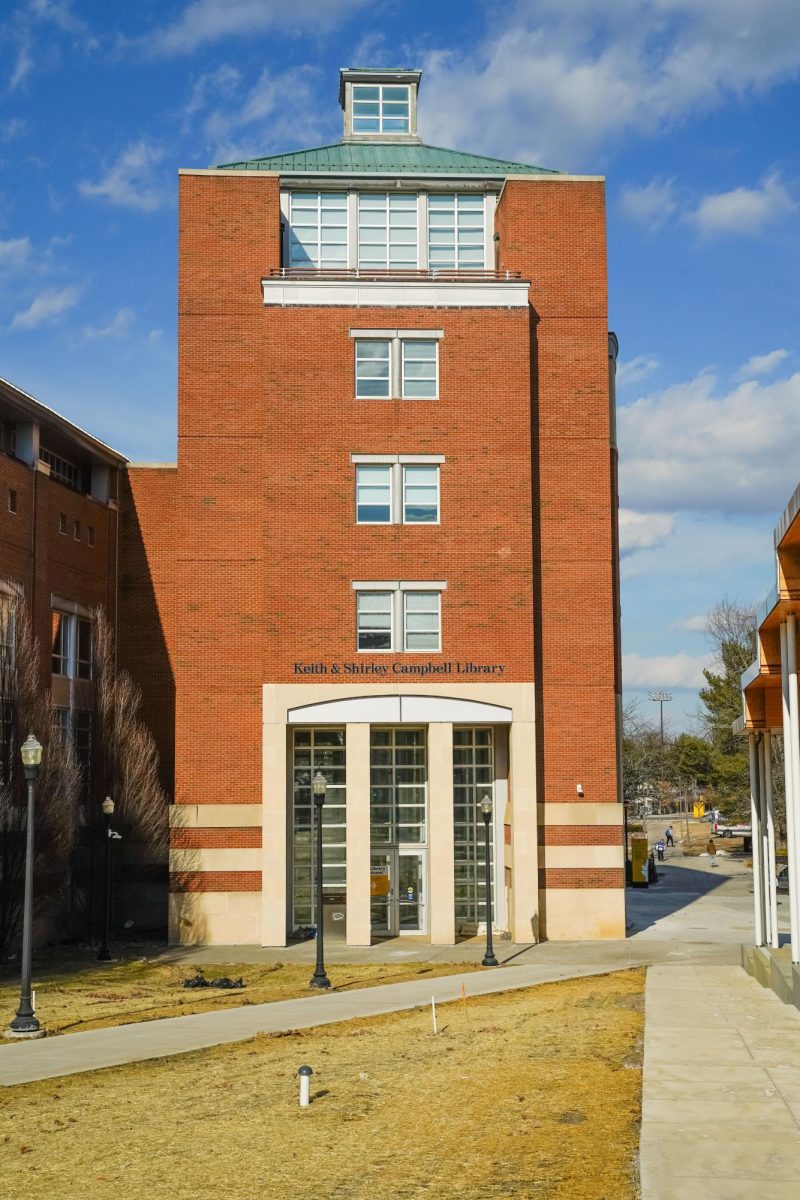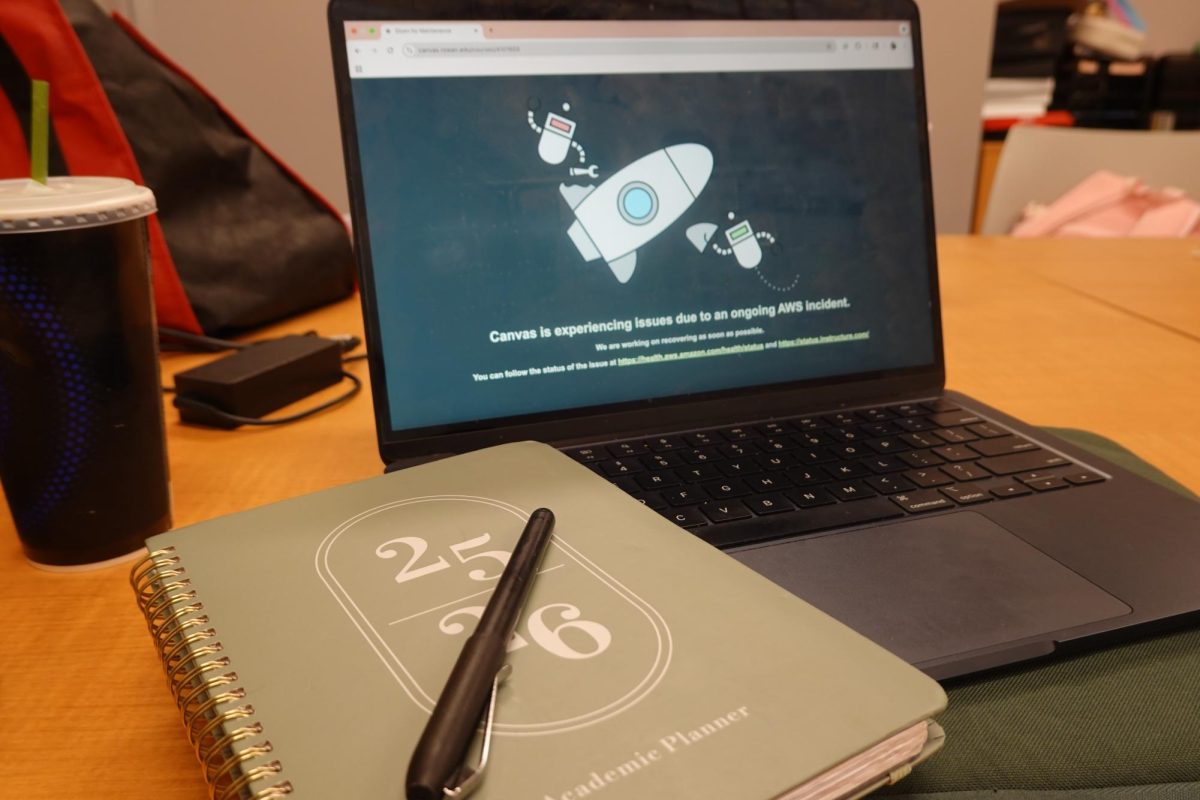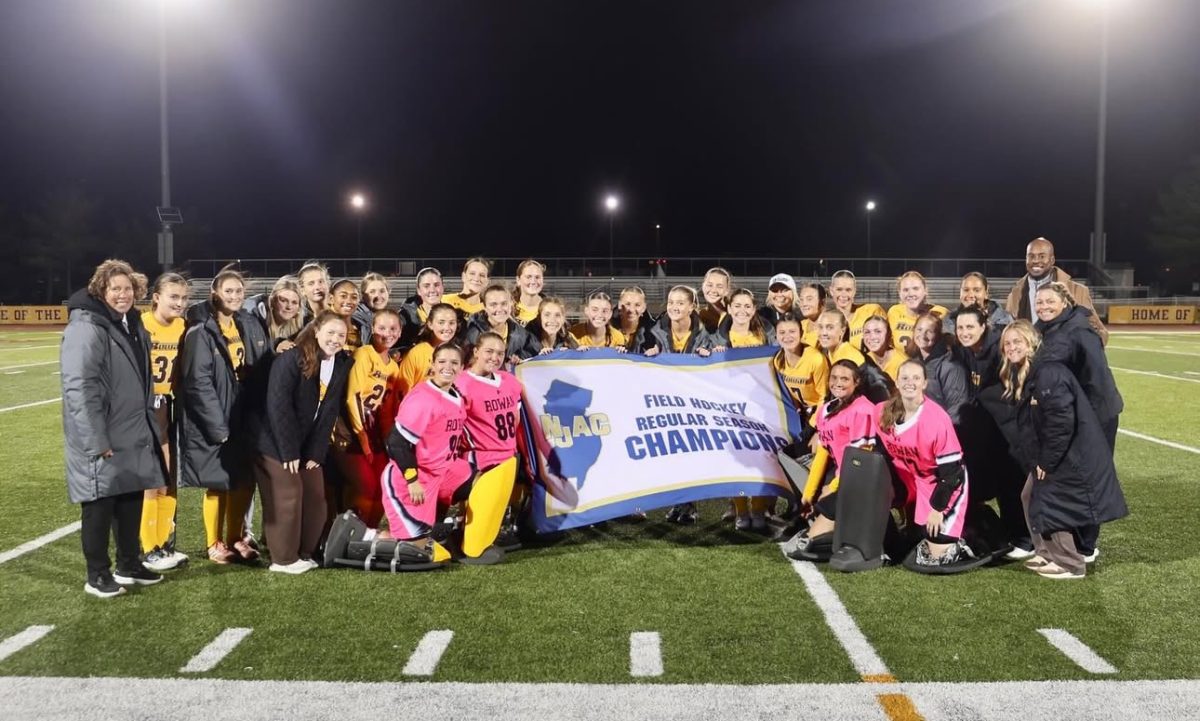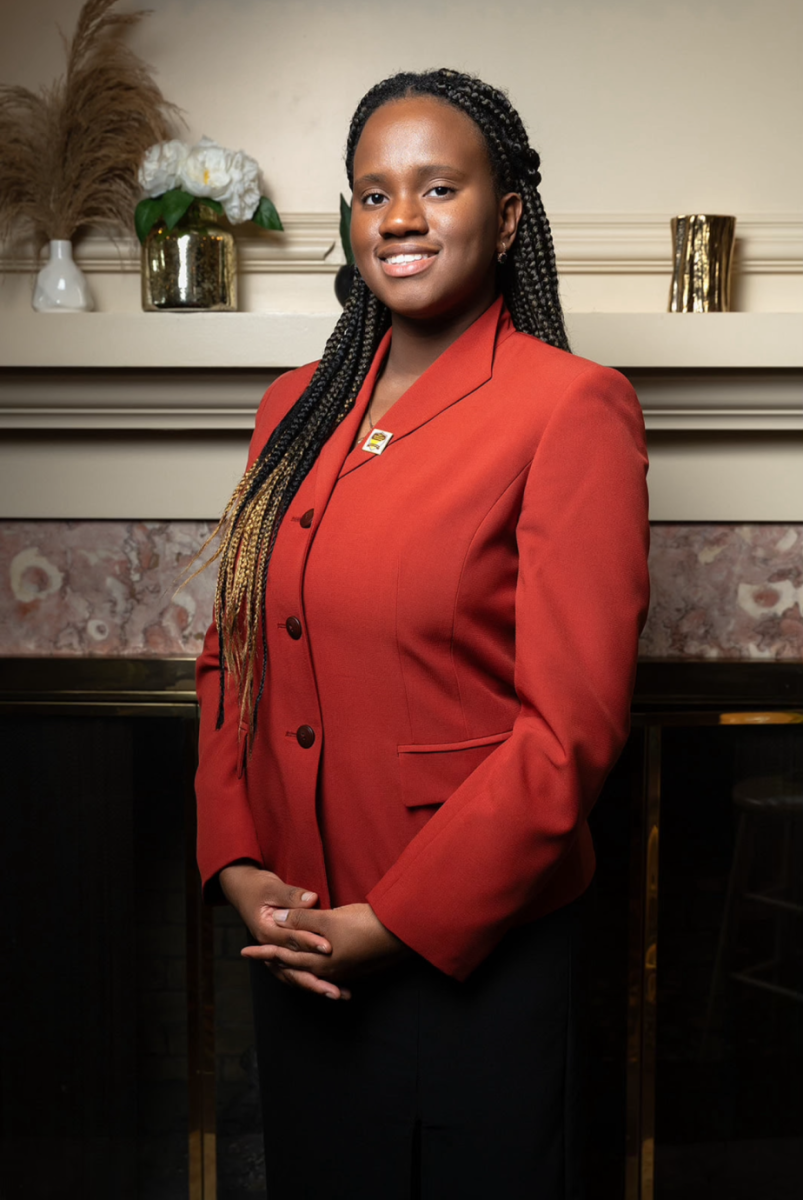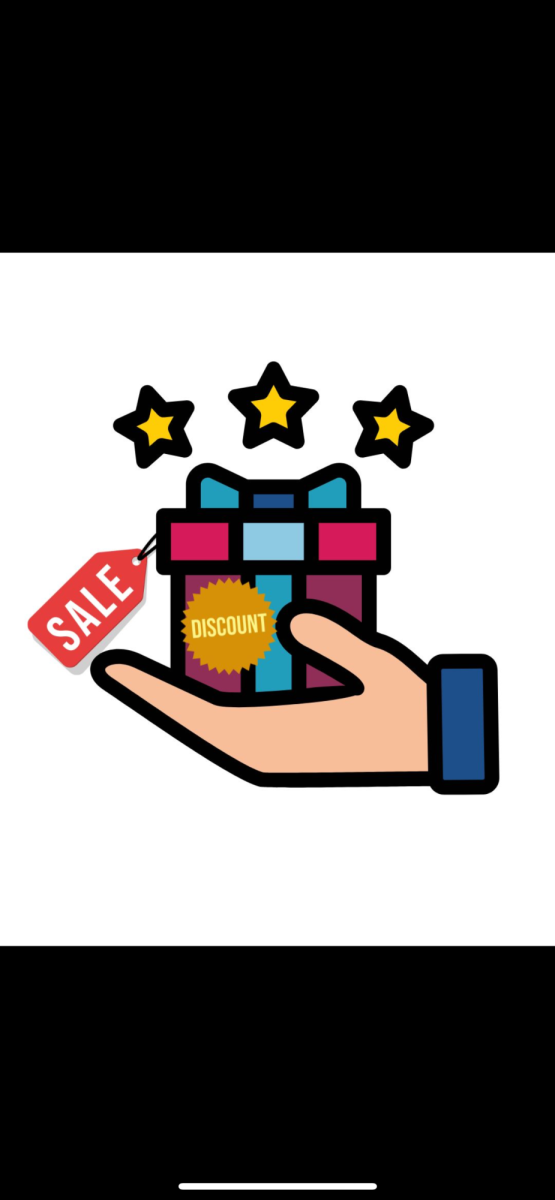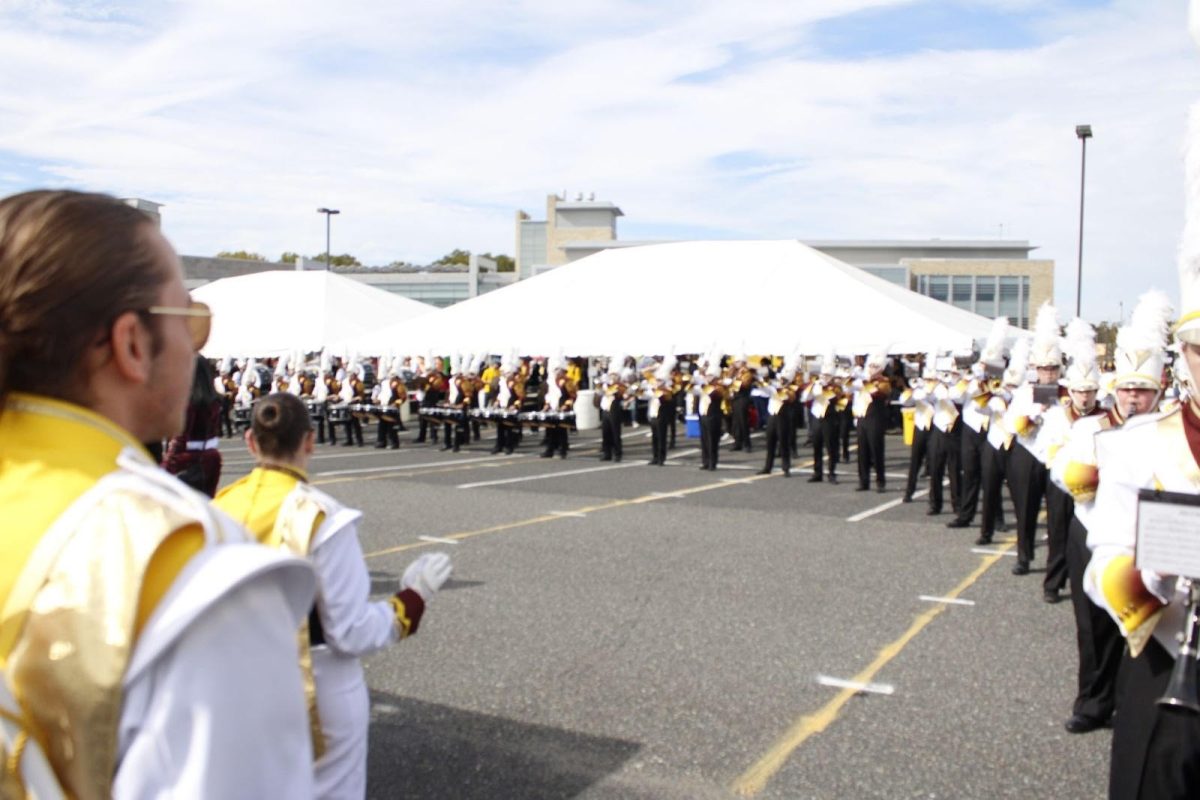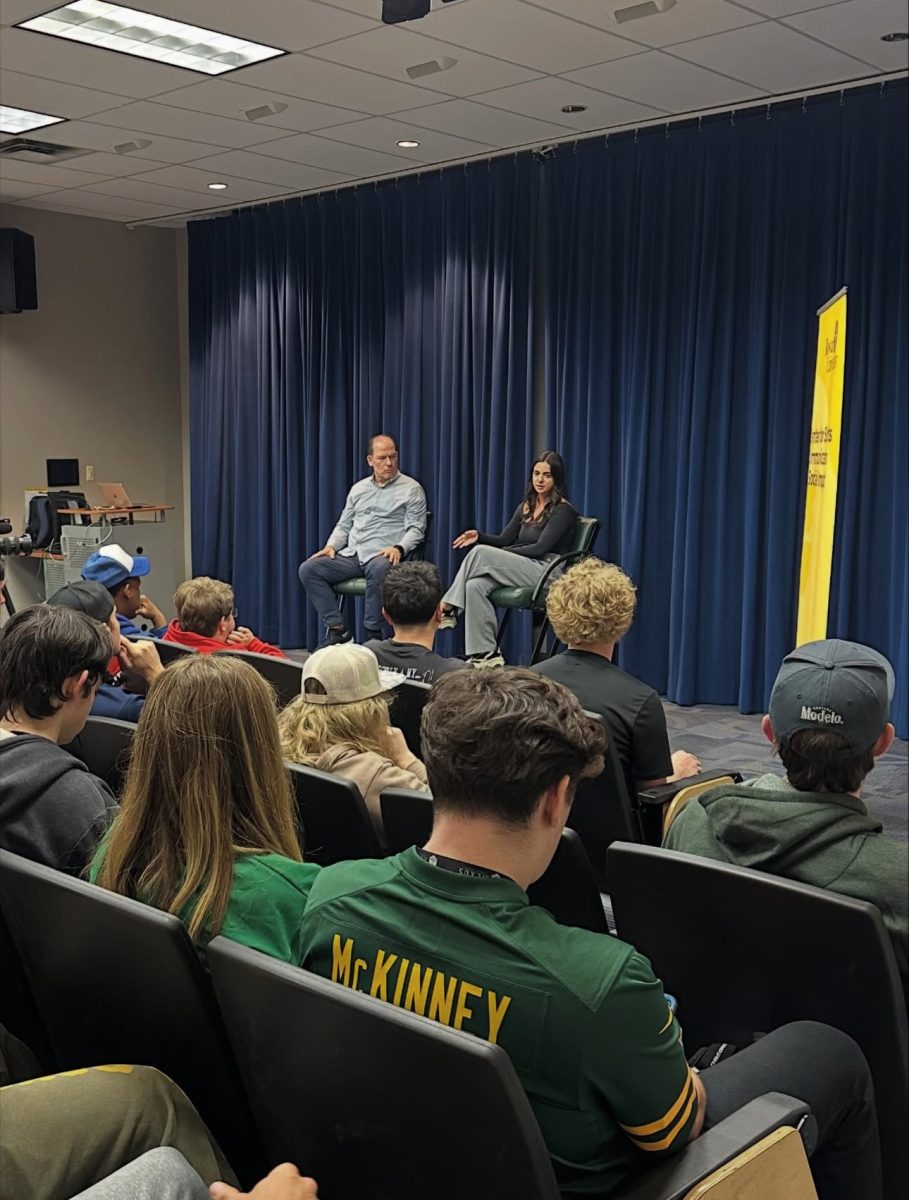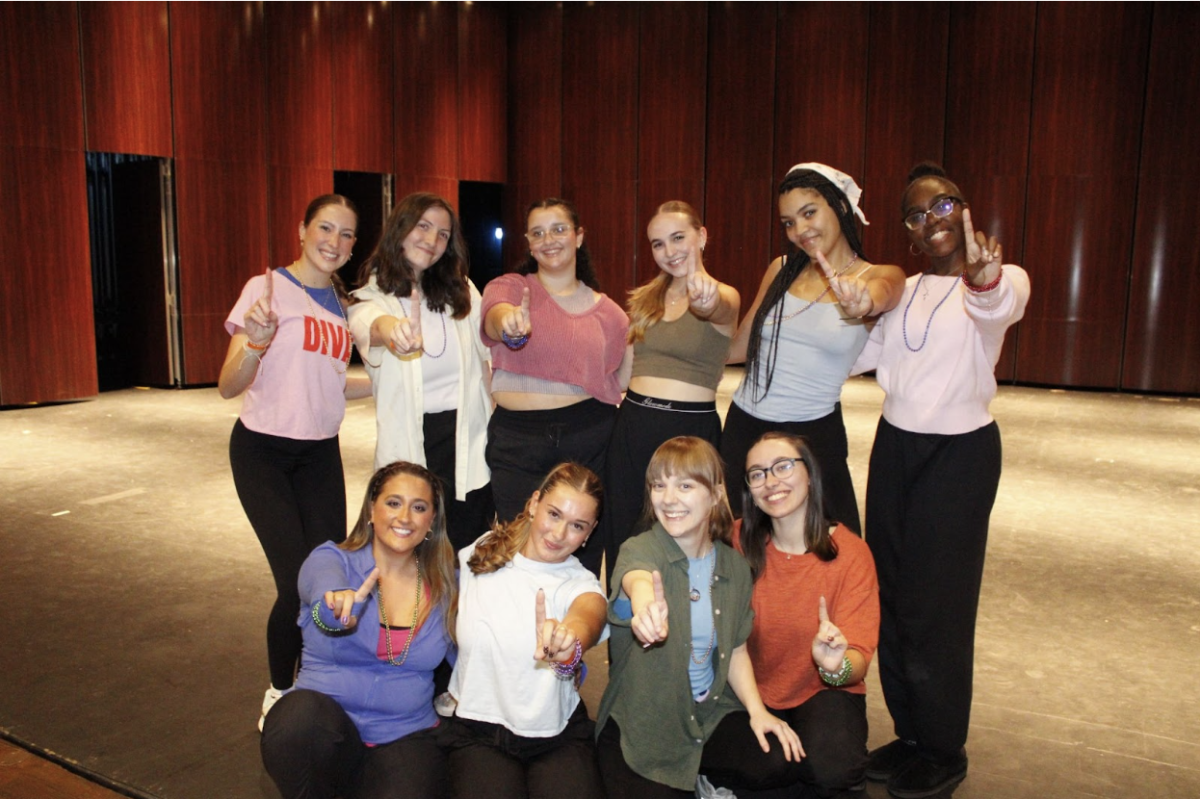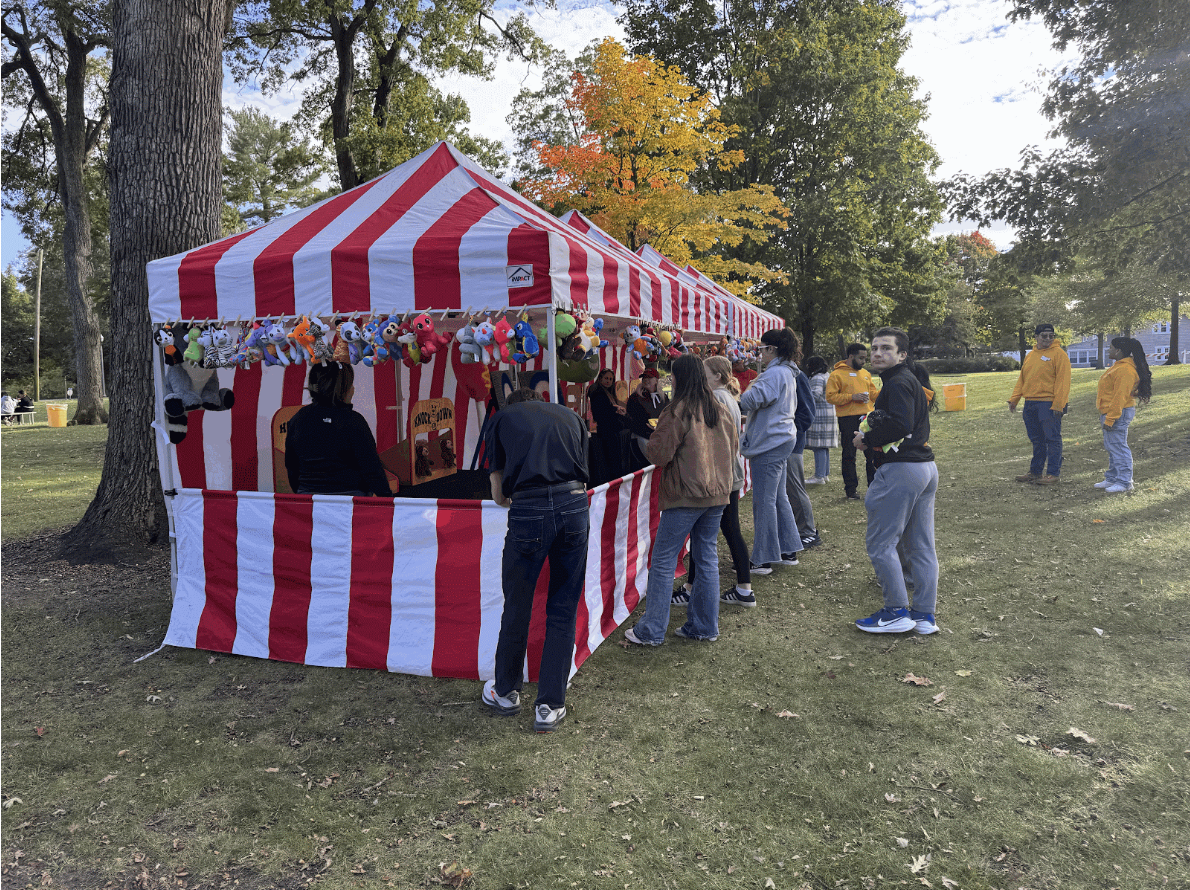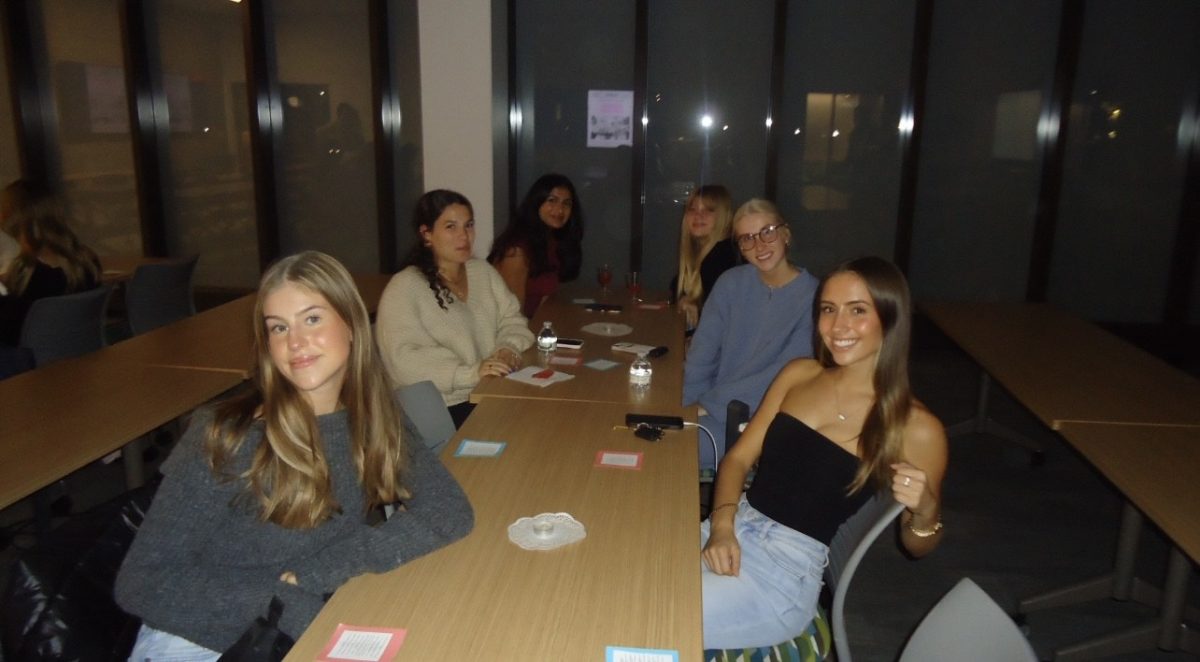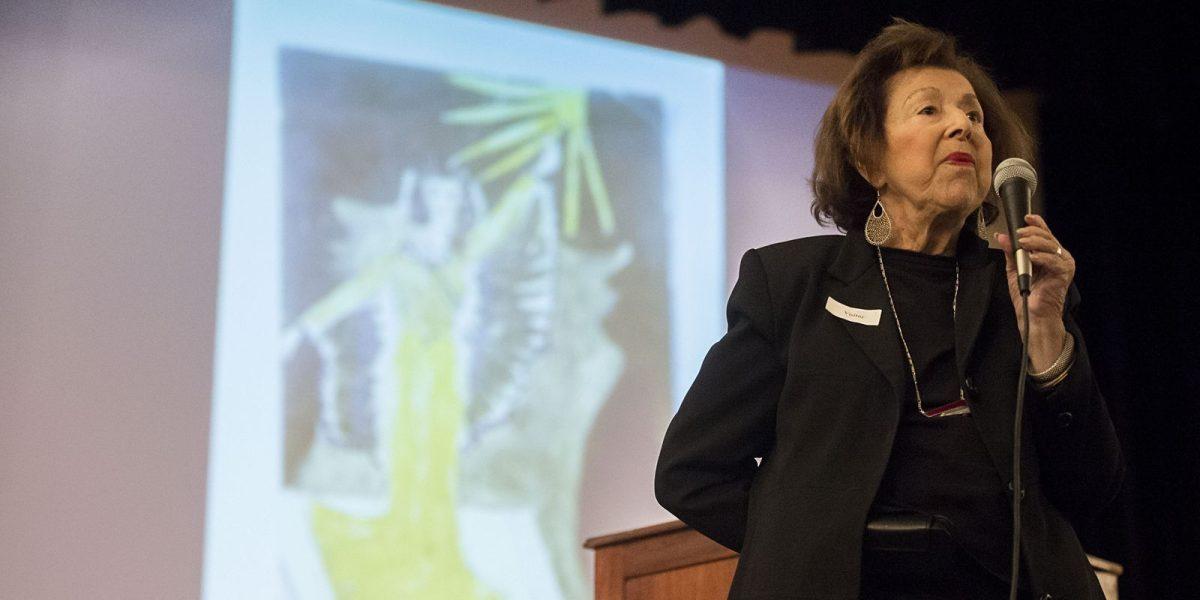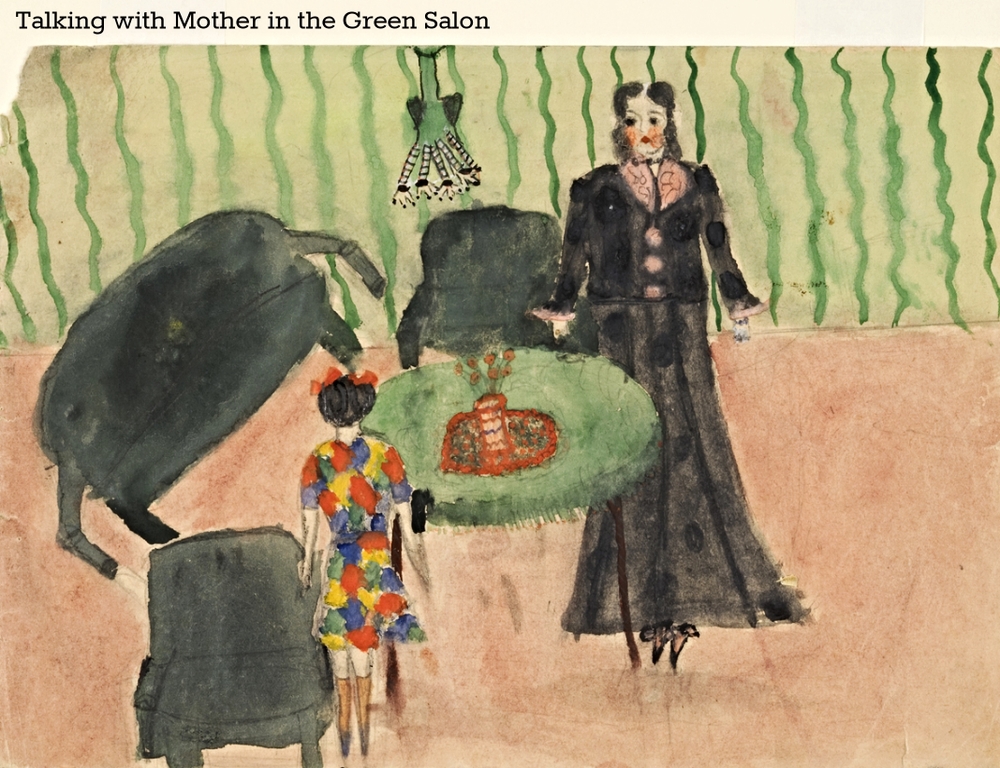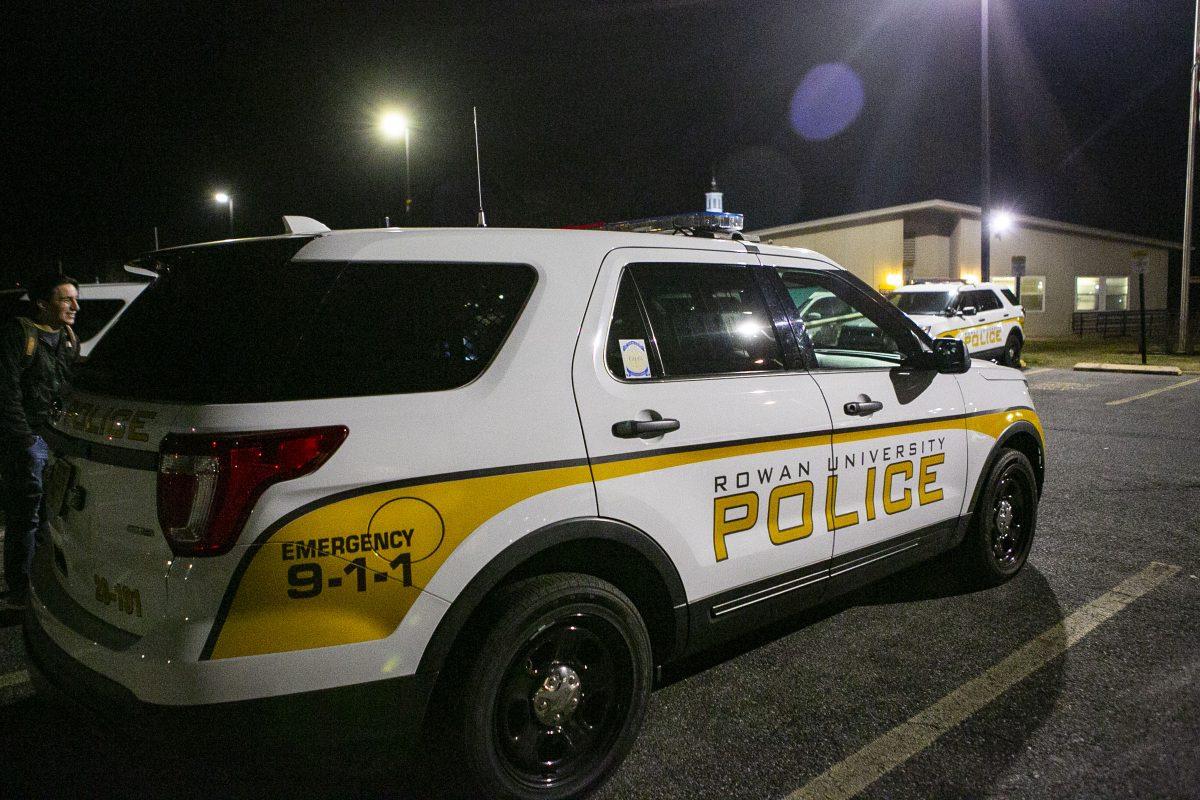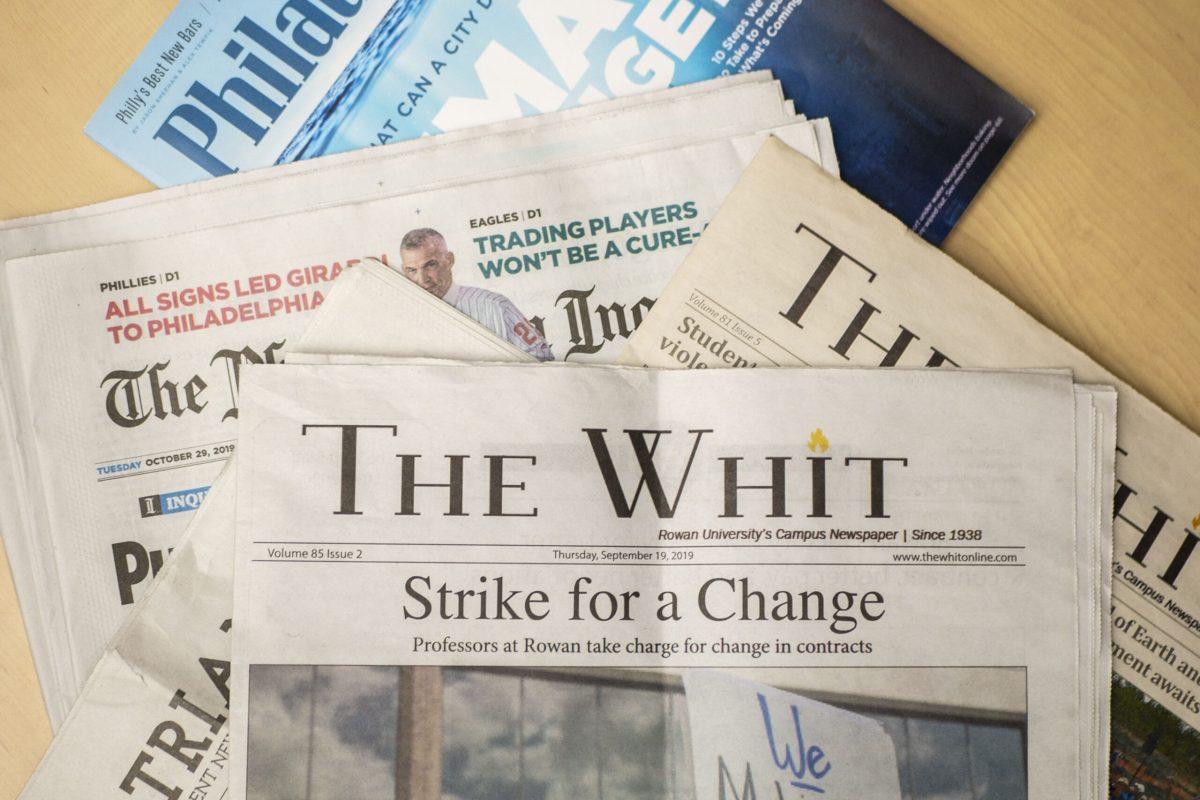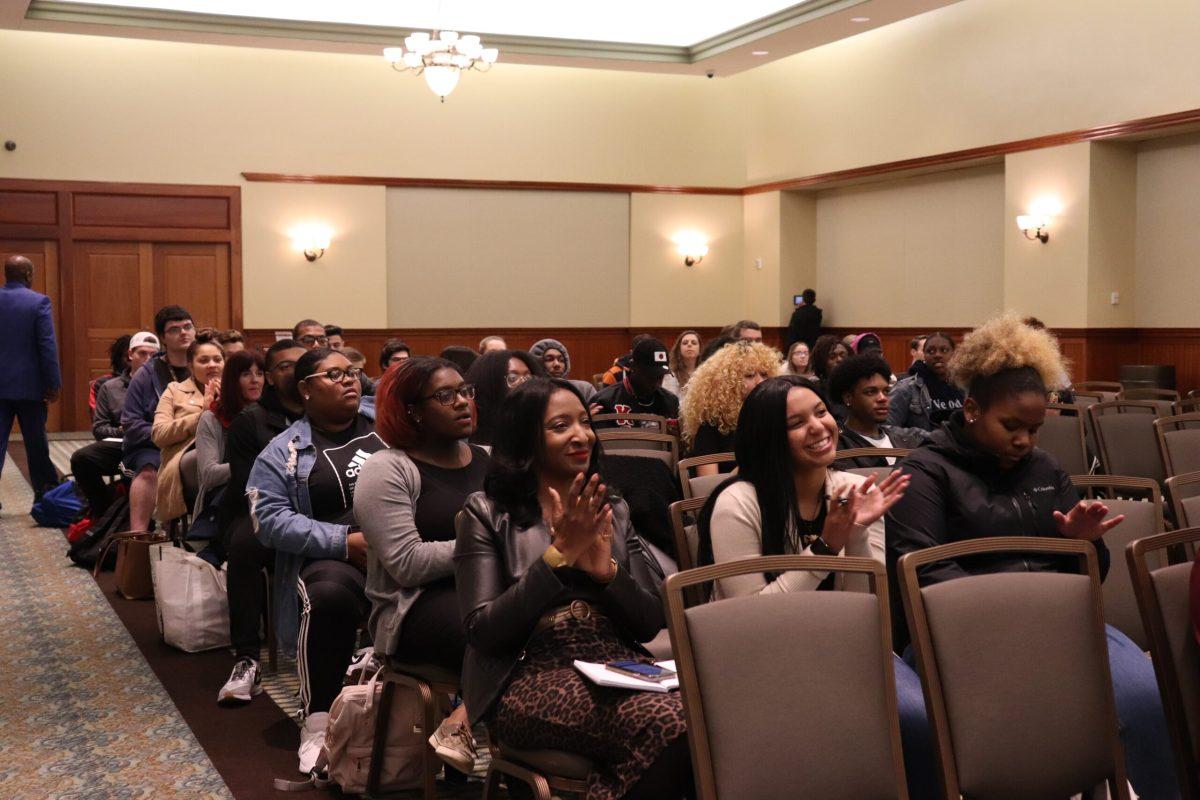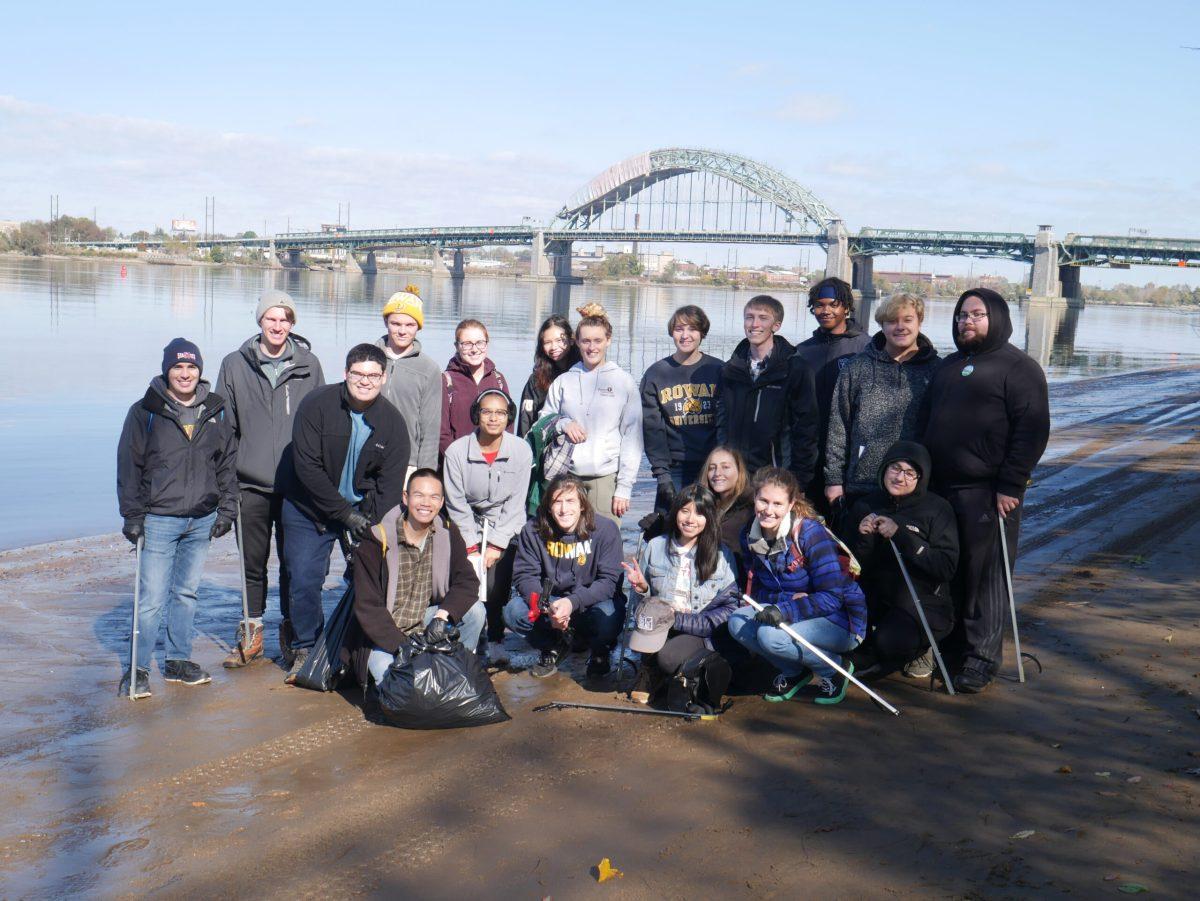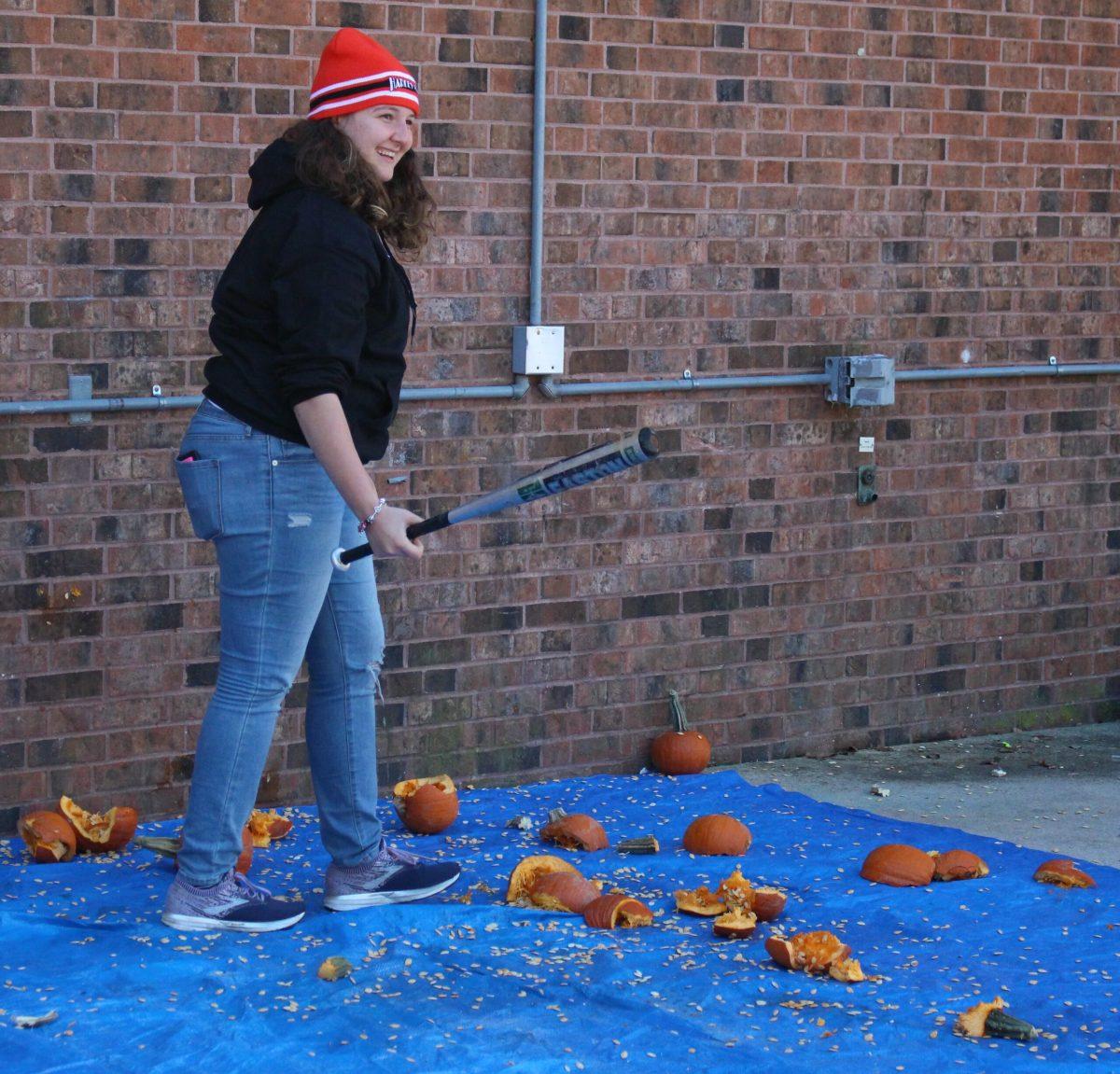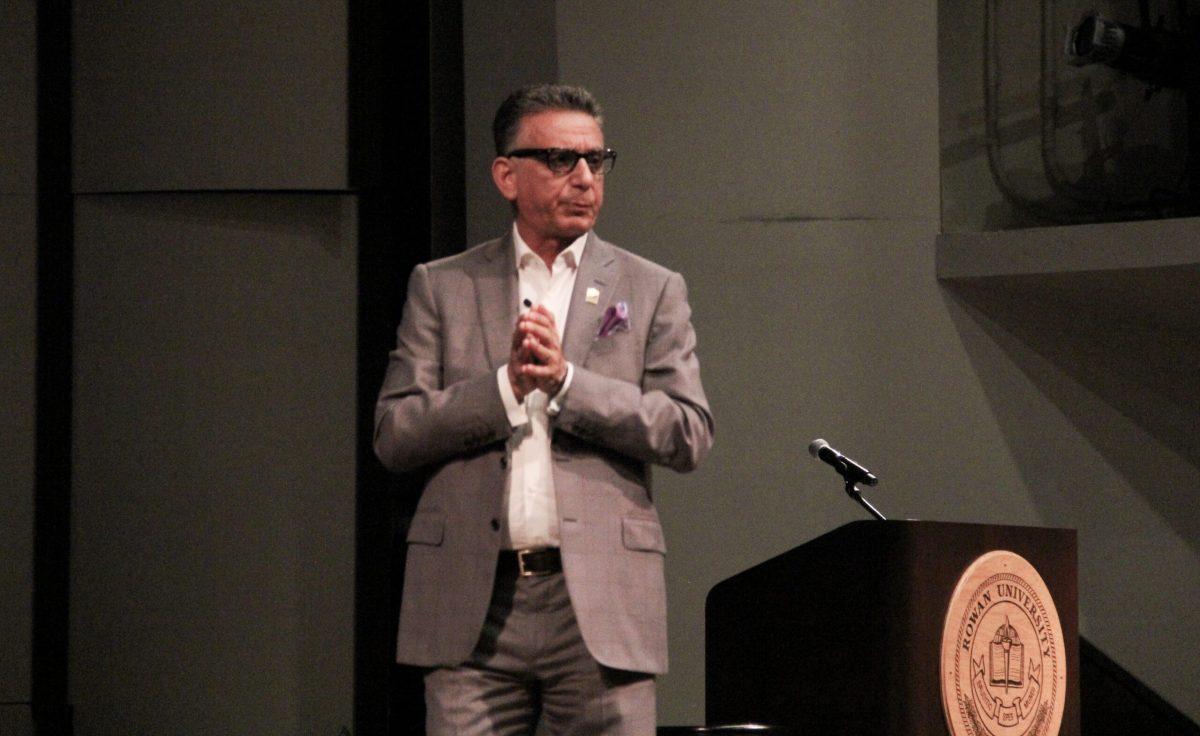On Monday morning, members of the Rowan Community gathered to hear the first-hand account of Dr. Nelly Toll, a survivor of the Holocaust.
At the age of six, Toll and her mother hid with a Catholic family in an attempt to avoid the harsh realities of concentration camps or death camps. While in hiding, Toll received watercolor paints and started painting to fill her free time.
“The paintings started because I had nothing to do and we were stuck, so my mother said, ‘Let’s get you the watercolors and that will keep you busy,'” Toll said.
After completing a painting, she would often write stories in her diary to accompany the artworks. Toll went on to explain that these stories and her diary inspired her book, “Behind the Secret Window: A Memoir of a Hidden Childhood During World War Two.”
During the two years Toll spent in hiding, she completed over 65 paintings.
Toll described how when in hiding, she wasn’t able to celebrate any Jewish holidays — the only holiday she celebrated was Christmas, since she was hiding with a Catholic family. Toll also explained that she and her mother were the only members of her family to survive the Holocaust. Her father was killed in a concentration camp and her brother was put on a Nazi truck and then never heard from or seen again.
After liberation by the Soviets in 1944, Toll and her mother moved around a lot. Her mother even got remarried to a man who lost his infant child during the Holocaust.
“But wherever I went I always took my drawings and many writings,” Toll said.
Throughout her talk, Toll told stories about being in hiding and personal experiences she had overcome during those two years.
Jessica Ogrodnick, a senior radio, television and film major, commented on the horrific conditions Toll and her mother had to live in while they were in hiding.
“When she was talking about her cleaning the bathroom story, she mentioned how a piece of grenade flew into her mother’s leg and, because they couldn’t get to a doctor, she had to reach in and pull it out,” Ogrodnick said. “[These] are conditions that no one should have to experience, at all.”
Throughout her talk, Toll highlighted the importance of teaching inclusion and equality. She told audience members that everyone can learn from what happened during the Holocaust, while warning about the ease at which a simple and innocent action can quickly escalate to something darker.
“[It was inspiring] when she gave advice about how to live without prejudice and not to judge people based on religion or race,” Ogrodnick said.
The topic of equality and avoiding prejudice was one Toll touched on a lot, in hopes of reiterating the fact that by following this advice, another event similar to the Holocaust can be avoided in the future.
Toll ended her talk by opening it up for questions and encouraged each audience member to ask a question. It was then followed by a meet and greet with Toll, as she signed copies of her memoir, which were provided to the event goers.
Additional reporting by Nicole Mingo.
For questions/comments about this story, email [email protected] or tweet @thewhitonline.



